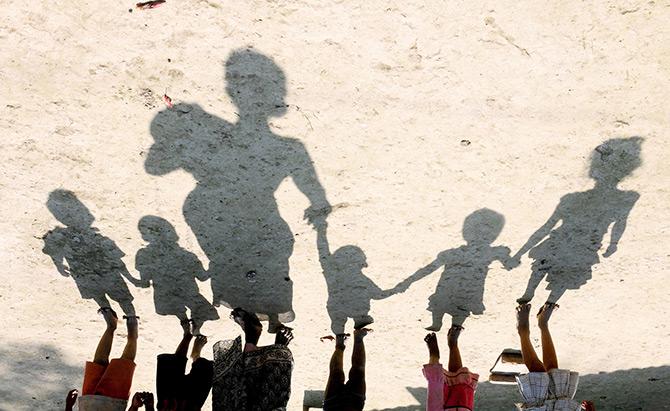
Within the UN system, the secretary general mandated a task team to coordinate, in consultation with all stakeholders, the UN’s systemwide preparations for the post-2015 agenda. The task team produced a report, “Realizing the Future We Want for All,” which called for an integrated policy approach to ensure inclusive economic development, social progress and environmental sustainability, and a development agenda that responds to the aspirations of all people for a world free of want and fear. The secretary general also appointed a special advisor on post-2015 development planning.
Outside of the UN system, seven million people from a wide spectrum of social groups, and hundreds of civil society organizations, academics and members of the private sector participated in debates and surveys through, inter alia, a powerful social network platform called My World Survey. The whole spectrum of input was later synthesized into a report by the UN secretary general, as mandated by the UN General Assembly, which was presented to the body in December 2014. With the Rio+20 outcome and the multitude of inputs in tow, the official government-to-government talks were ready to begin.
An open, transparent and inclusive process
As mandated by the Rio+20 conference, the Open Working Group on Sustainable Development Goals was established to formulate its goals and targets. It consisted of 70 UN member states and groups of member states, including Indonesia. The group worked for two years and conducted 13 meeting sessions before it finalized a proposal for the Sustainable Development Goals, which consisted of 17 goals and 169 targets. The UN General Assembly adopted a set of goals and targets for the Post-2015 Development Agenda in September 2014.







 resized.png)
